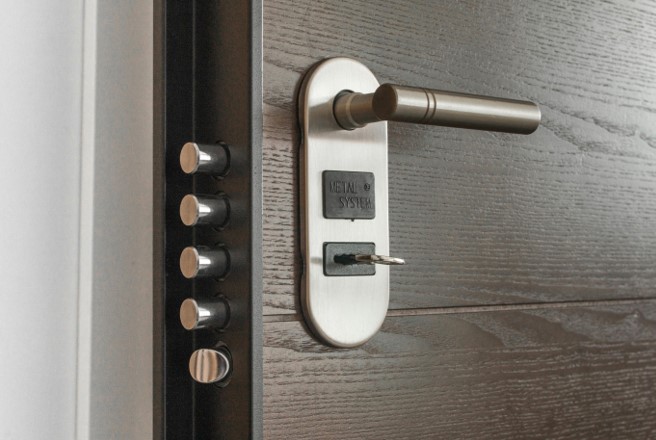
Are Smart Locks the Future?
In an era where technology is rapidly advancing, smart locks have emerged as a popular choice for homeowners seeking enhanced security and convenience. Unlike traditional locks, smart locks offer features such as remote access, integration with smart home systems, and keyless entry. This shift in how we secure our homes has sparked a debate: Are smart locks the future of home security? In this blog post, we’ll explore the benefits and drawbacks of smart locks, examine their technological advancements, consider potential security concerns, and provide insights into whether they are indeed poised to become a staple in modern households.
The benefits of smart locks for homeowners
One of the standout advantages of using smart locks is undoubtedly the convenience they offer. Imagine never having to fumble for keys again; keyless entry options allow you to unlock your door with just your smartphone or even your voice. Remote access capabilities mean you can control your lock from anywhere in the world—perfect for letting in guests or checking if you’ve locked up after leaving. Moreover, these devices seamlessly integrate with other smart home gadgets like security cameras and alarms to create a unified system that enhances overall home safety.
Technological advancements driving smart lock adoption
The technology behind smart locks has evolved tremendously over the years. Many now feature biometric recognition like fingerprint scanning or facial recognition, offering an extra layer of security that traditional keys simply can’t match. Bluetooth connectivity allows for proximity-based unlocking—your door knows when you’re approaching and unlocks automatically. Additionally, improvements in app interfaces have made managing these devices user-friendly and intuitive, encouraging more people to make the switch. Brands like Bold Smart Lock are at the forefront of these innovations.
Potential security concerns with smart locks
No technology is without its pitfalls, and smart locks are no exception. Security risks such as hacking or technical malfunctions can be concerning for many users. It’s crucial to address these vulnerabilities by adopting best practices like regular software updates and using strong passwords to safeguard digital access points. While no system is foolproof, taking proactive measures can significantly minimize risks associated with this innovative technology.
Are smart locks poised to become ubiquitous?
The growing interest in [smart homes](https://www.boldsmartlock.com) suggests that [Smart Locks](https://boldsmartlock.com/products/smart-lock/) could soon become a common feature in households worldwide. Market trends indicate increasing consumer adoption rates driven by a desire for more convenient living solutions. However, challenges such as cost barriers and compatibility issues might slow widespread acceptance slightly. As prices drop and interoperability improves over time, it’s likely we’ll see more people embracing this tech-savvy approach to home security.
Smart locks represent a significant leap forward in home security technology by combining convenience with advanced features. While they offer numerous benefits like remote accessibility and enhanced safety integrations, concerns about digital vulnerabilities remain valid considerations. As technology continues to evolve at breakneck speed coupled with increasing demand for smarter homes, it seems plausible that smart locks could become more prevalent in the near future. For now though it’s essential that homeowners weigh both pros and cons before making an informed decision about integrating these devices into their daily lives.